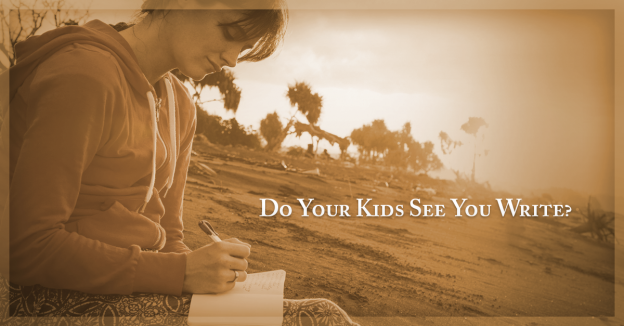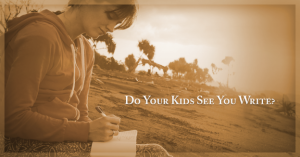Parents Magazine has an important article both in their August print edition and online entitled Parenting in a Fakebook World: How Social Media Is Affecting Your Parenting. The article begins by sharing a story of parents oversharing (hint, involves potty training) on Facebook. The article then shares about a Parents Survey of more than 2,000 respondents: “79 percent said other parents overshare on social media — yet only 32 percent of us think we overshare ourselves. Hmm.”
The article asks, how might this parenting-in-the-age-of-social-media effect children?
“Kids pick up on what their parents like, and Like, from a tender age. “Kids know, ‘When I do something my mom likes or finds funny, she puts it on Instagram,’ ” says Judith Donath, author of the book The Social Machine: Designs for Living Online.”
And since kids understand the fame culture, it’s logical they’d want fame for themselves right?
In one survey of kids ages 9 to 13 at UCLA Digital Media Center, kids who already had their own social-media accounts — and 26 percent under 13 had a YouTube account — craved fame more than those who didn’t.
But not all kids are the same:
“Our children have very different ideas of privacy,” says Patrick Riccards, a father of two in Princeton, New Jersey. “Our son who’s 9 cringes when he learns that we’ve put a picture of him on Facebook or that his aunt posted a baby picture of him on his birthday. He wants a life off the grid — other than the life he’s building for himself on Minecraft.” Riccards says his daughter, 7, is completely different: “She is aching to get on social media. I’ll take a picture or I’ll laugh at something she says, and she immediately asks, ‘Are you going to put that on Facebook?’. Then she asks what people say about her in the comments.”
Here’s the link to the whole article. Also, Patrick Riccards has an educational blog that is worth following: here’s the link.
One takeaway from the study is to talk with your kids about what they want you to share and keep the dialogue going . The second takeaway is to trust other parents, just because they parent differently than you do doesn’t mean the world is about to end. #TrustParents





 I recently completed a new series of blog posts on Parental Engagement and reading. You can view the entire series over at the
I recently completed a new series of blog posts on Parental Engagement and reading. You can view the entire series over at the